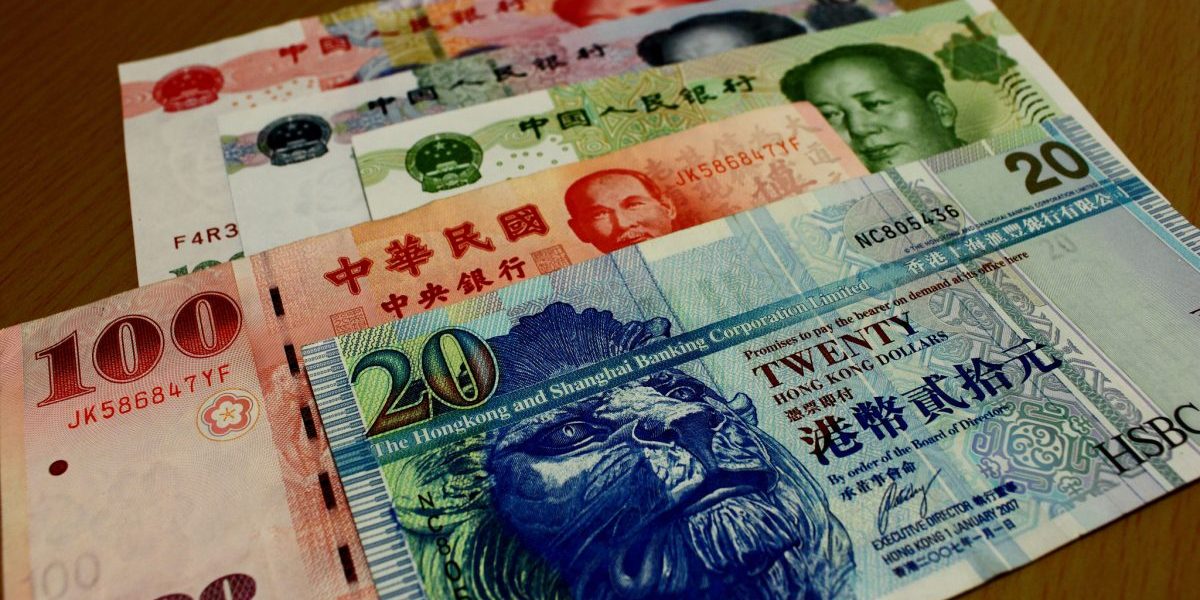Western finance is bound to change dramatically in the next few years. With depleted balance sheets and heightened credit adversity, the void will probably be filled by new players, notably from China and Japan. This could have important implications for Africa, where the resource boom could lead to attractive opportunities for Chinese banks.
While China has already bought into a number of international financial institutions (including Barclays, Morgan Stanley, JC Flowers), Japanese banks moved quickly to take advantage of the carnage on Wall Street to beef up their presence in investment banking. Mitsubishi UFJ has agreed to take a 10%-20% stake in Morgan Stanley, and Nomura says it will buy the Asia Pacific operations of Lehman Brothers for $225m. And with cash not a problem and subprime exposure a relatively alien concept, Asian banks are poised to expand their global presence further.
For China, expansion into the developed world is fraught with political danger, especially in the US, where suspicion of foreign (and particularly Chinese) investment in big US corporations runs deep. So the alternative is to follow patterns of trade, and this points in one direction: emerging markets, particularly Africa.
The case for China’s rapid expansion of trade relations with Africa ($72bn at the end of last year) is premised on the need for resources security to ensure continued rapid economic growth. Hence, its biggest trading partners are commodity rich countries of Africa: Sudan, Angola, Nigeria and SA. The format of getting to the commodities has been innovative, but based mostly on the Chinese extracting resources alone or forming joint ventures with governments, such as the Chambishi copper mine in Zambia, or taking stakes in existing projects, such as a 45% stake in an offshore Nigerian oil field by China National Offshore Oil Corporation.
Deals financed in Africa have been mostly through the China Exim Bank in trade finance and project finance. While details of the financing terms are not readily available, it appears from a World Bank study that a great many, if not most, were priced on favourable terms for the recipient countries, and function essentially as an extension of Chinese aid. But in some cases China has started co-operating with western banks to do project finance deals, including Sinopec (China Petrochemical Corporation) financing for its joint venture with Angola’s Sonangol for offshore block 18. After initial western banking reticence, the deal attracted a range of western and Chinese bank participation and the political risk of Angola was seen to have been mitigated by the size of Chinese participation.
The China Development Bank assumes an even more important role, in concert with the China Exim Bank, through investment in the $5bn China-Africa Development Fund. It will be used mainly to support African countries’ agricultural, manufacturing and energy sectors, and the development of Chinese enterprises in Africa. The fund signed its first deals with four Chinese companies in Beijing in January to invest in infrastructure and housing projects in Africa.
Traditionally, the presence of banks in emerging markets can be traced to colonial ties.
Proximity is an important factor, and this refers not only to geographic proximity but also to proximity in terms of cultural, linguistic and economic ties. These factors seem to rule out a Chinese banking foray into Africa. At the same time, China has no colonial baggage to render — at least until recently — its economic decisions subject to political controversy in Africa, and it could well be in a good position to exploit growing opportunities.
But the banking market in Africa remains underdeveloped, and poses challenges for institutions hoping to land increasing market share.
Banks will need to develop payment and processing systems to handle international transfers and data-capturing and management information systems to process such data. Crucially, operational and credit risk systems will need to be enhanced. One of the main aims of the Chinese government in opening the banking system to foreign investment has been to gain the necessary expertise to become highly competitive.
But in local markets, and especially emerging markets, local banks may well have an advantage in market information given superior access to corporations, superior relationships and a better understanding of local market conditions. This implies that a foreign bank with little experience in entering foreign markets will need to take a cautious approach. It is likely to start with a fundamental understanding of the key players in the local market, and to approach such institutions with an understanding to co-operate, start joint ventures and eventually to make equity investments. This has been the approach of foreign banks in entering the Chinese banking market.
It came as a surprise, then, when one of the first meaningful investments of a Chinese bank was the 20% stake in SA’s Standard Bank, for $5,5bn. This was a significant outlay, even for ICBC, as the finance equates to 8% of its capital. The reasoning seems sound from a strategic point of view; ostensibly, Standard Bank will help ICBC serve its corporate customers in Africa, while Standard Bank will gain a foothold in China.
The funds that Standard Bank obtained will be used in its further expansion in Africa — Angola and Nigeria in particular — and a private equity fund will be set up.
It is apparent from this that Standard Bank will target growth outside its home market, and will be well placed to target Chinese corporate customers operating in Africa. This presents it with a significant opportunity to consolidate its operations in Africa, and take a large share of business from Chinese clients who will increasingly be important in this area. This puts it at a significant advantage to many other competitors.
The timing of the deal also appears to be fortuitous; for many of the potential competitors, risk appetite will decline as liquidity remains under strain. In China, however, liquidity remains abundant. It seems the Standard Bank deal will be the benchmark investment approach for Chinese banks in emerging markets; target the bigger, better developed institutions with multicountry presence first. For Chinese banks, continuing to acquire stakes in well managed and bigger African banks will seem the most likely strategy to exploit trade ties and project investment. Merger and acquisition activity involving the major Chinese banks is likely to lead to a new era in African banking, and cement the Chinese banks’ position as the new kids on block.






